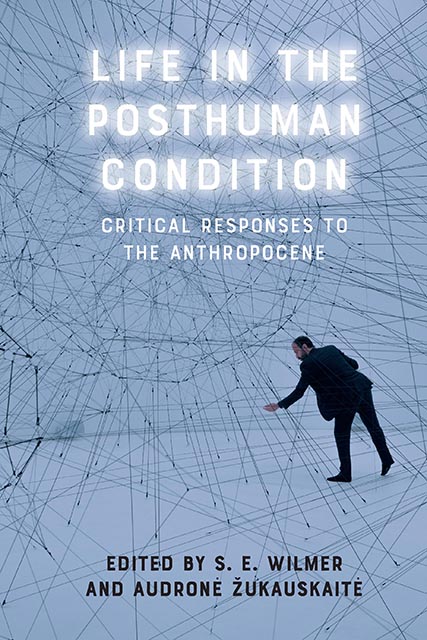2 - Making Worlds Beyond Human Scale and Perspective
Published online by Cambridge University Press: 20 October 2023
Summary
Increasing anxiety about anthropogenic changes and their catastrophic effects has visibly undermined the credibility of C. P. Snow's concept of the two cultures, introduced at the very beginning of the Great Acceleration, more than sixty years ago (Snow 2019). In his famous essay, Snow lamented the growing cultural divide that separated two great areas of human intellectual activity – ‘science’ and ‘the arts’ – hoping for bridges to be built by practitioners on both sides of this divide. In the late 1990s the issue of two cultures, this time figured predominantly as a divide between ‘sciences’ and ‘humanities’, returned on the wave of heated debates about what Bill Readings rightly addressed in the title of his book The University in Ruins (1997). What, however, changed the situation was the approaching eco-catastrophe, multipronged and complex, and therefore calling for global yet locally specific transdisciplinary approaches.
Writing in the hard times of another growing wave of the COVID- 19 pandemic, I will refer briefly to the notion of ‘syndemic’ to give an example of new transversal and transdisciplinary tendencies in today's cultures. The American medical anthropologist Merrill Singer offered the notion a decade ago in order to demonstrate that the emergence and spread of a contagious disease reflects not only human activities, modes of production and residence as well as environmental transformations, but also what he aptly called cultural factors: beliefs, meanings, norms, values, various lifeways and cultural narratives (Singer 2016). This crucial entanglement of biological, social and cultural factors, specific also for many kinds of anthropogenic changes, has made visible how cultural narratives not only represent the world around us, imagining worlds by analogy which in a Shakespearian manner should ‘hold […] the mirror up to nature’. Cultural narratives could also actively act towards transforming reality. Indeed, nothing can better illustrate it than a new wave of novels, already called Anthropocene Fiction (Trexler 2015) or Climate Fiction (Streeby 2018). Not only do they make climate change the central problem in imagining a future, but they also try to design such in-depth economic, political and ecological transitions as are needed to face the interrelated crises of climate, food, energy, poverty and meaning.
- Type
- Chapter
- Information
- Life in the Posthuman ConditionCritical Responses to the Anthropocene, pp. 33 - 52Publisher: Edinburgh University PressPrint publication year: 2023



